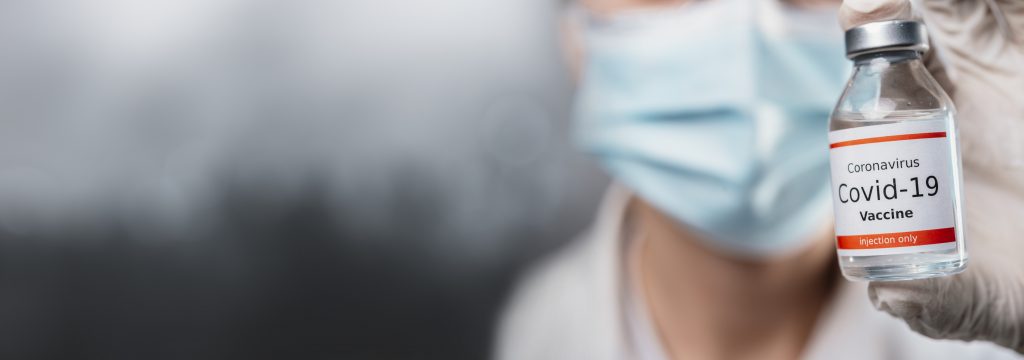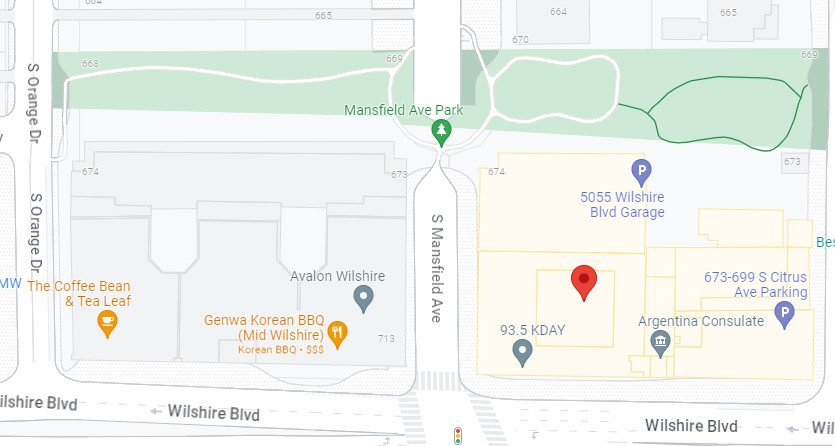COVID-19 Update: CDC allows an additional bivalent booster dose for eligible individuals, simplifies COVID-19 vaccine guidance

Updated: April 21, 2023
On April 19, 2023, the Centers for Disease Control and Prevention announced changes to its vaccine recommendations, following FDA authorization updates that amended the emergency use authorizations for the Moderna and Pfizer COVID-19 bivalent vaccines and simplified the vaccination schedule for most individuals.
The CDC’s new recommendations allow for an additional bivalent COVID-19 booster dose for people 65 and older and for those who are immunocompromised. Bivalent vaccines target the Omicron variants, which are currently the most prevalent strains worldwide. Additionally, the CDC no longer recommends the use of monovalent COVID-19 vaccines (which include the first versions of the vaccines authorized in December 2020) in the United States. This leaves the bivalent versions of the Moderna and Pfizer vaccines as the only vaccines currently FDA authorized for use against COVID-19 in the U.S.
Simplified vaccine recommendations
The FDA’s action and the superior efficacy of the newer bivalent vaccines have made it possible for the CDC to simplify its vaccine recommendations for everyone, both vaccinated and unvaccinated alike. See below for details.
If you have never received a COVID vaccine:
- Age 5 years and younger
- Multiple doses of the bivalent vaccines are recommended and will vary by age and vaccine.
- Age 6 years and older
- Single dose of the updated bivalent vaccine instead of a two-dose regimen of the original monovalent vaccines.
If you have previously received a COVID vaccine:
- Ages 5 years and younger
- Multiple doses of the bivalent vaccines are recommended, but your provider should determine the number of bivalent doses needed, considering the patient’s age, the vaccine and the patient’s vaccination history
- Individuals who are immunocompromised and who have received a single dose of a bivalent vaccine may receive an additional bivalent dose. Any additional doses beyond that may be given at the discretion of their provider.
- Ages 65 and older who have received a single dose of a bivalent vaccine may receive an additional bivalent dose.
- For others who have received a single dose of the bivalent vaccine, no further action is needed.
For more information about these changes, read the CDC’s latest press release.
How the Health Plan covers COVID-19 tests
At-home tests obtained without a doctor’s order – No cost sharing
The Federal government now requires insurers, including the DGA-Producer Health Plan, to cover, with no cost-sharing, at-home COVID-19 tests purchased without a doctor’s order or individual health assessment for covered participants and their eligible dependents, beginning January 15, 2022, and throughout the National Emergency Period. The Health Plan is implementing this change through its prescription benefit manager, CVS Caremark.
For detailed instructions, please read the article, The Health Plan Will Cover At-Home Covid Tests For Covered Participants And Dependents With No Cost-Sharing Beginning January 15, 2022. The Health Plan will limit the number of covered tests to 8 per covered individual per 30 calendar days, which is the maximum allowable limit.
Medically-necessary tests with a doctor’s order – No cost sharing
Effective March 18, 2020, and continuing until May 11, 2023 all patient cost sharing (i.e., co-pays, co-insurance and deductibles) will be temporarily waived for all testing for the detection and diagnosis of the COVID-19 virus and COVID-19 antibodies. However, payment without cost sharing for COVID-19 testing only applies if there is an order from the individual’s attending health care provider for a reason that is determined to be medically necessary. If there is no order from your healthcare provider, the claims are processed with cost sharing, subject to your deductible, co-insurance and/or co-pay.
Tests that are NOT covered
Under the following three scenarios, testing is not covered at all by the Health Plan. Any testing for the reasons stated below will be denied:
- Testing for work.
- Testing for school.
- Testing for public health surveillance or for any other purpose not primarily intended for the individualized diagnosis or treatment of COVID-19 or another health condition.
For additional information about how COVID testing is covered visit: Board of Trustees Approves Temporary Coverage of Telemedicine and Telepsychology in Addition to Waiving Cost Sharing for In-network COVID-19-related Testing.
Frequently Asked Questions About Boosters
Q: If I previously had a COVID-19 breakthrough infection, do I need a booster dose?
A: Even if you previously had a breakthrough COVID-19 infection after receiving your primary vaccination series, the CDC and immunologists recommend that you get a booster dose. The natural immunity acquired from a COVID infection varies from person to person according to a person’s age, health and severity of infection.
Q: If I previously had a COVID-19 breakthrough infection, when can I get the booster dose?
A: There is no clear consensus on the time you should wait after a breakthrough infection before receiving a booster shot. Many authorities suggest waiting at least 90 days; you should consult your physician for a recommendation before receiving a booster vaccine dose.
Q: Are booster doses any different from the doses administered in the primary vaccination series?
A: The original Moderna booster is a half dose of the primary series doses, and the original Pfizer booster and Novavax booster are the same as the dose(s) administered in the primary vaccination series. Johnson and Johnson does not have a booster available at this time.
Q: How are the updated boosters different from the previous boosters?
A: The updated boosters produced by Pfizer and Moderna are bivalent boosters, which target multiple strains of the coronavirus, including the recent omicron variant. This differs from the original Pfizer and Moderna monovalent boosters, which attacks the original strain of the virus only. The CDC is now also allowing the Novavax vaccine to be administered as a first booster shot. This is a monovalent, protein-based booster option, which attacks the original strain of the virus only.
Q: Are there any side effects from the booster doses?
A: According to the CDC, reactions to the booster doses, so far, have been similar to those from the primary vaccination regimens. Most common side effects include fever, headache, fatigue and pain at the injection site. More severe reactions are rare but possible.
Q: Is it better to receive a booster dose of the same type as my primary vaccination series?
A: CDC recommendations allow for mixing or matching booster doses. It is up to you whether you get a booster dose of a different type than your primary vaccination series.
Stay Protected and Stay Informed
It is important to continue following CDC guidelines in order to protect yourself and slow the spread of COVID-19. Vaccinations are available at many locations, such as hospitals, pharmacies, and health departments, as well as at short-term “pop-up” locations – sports stadiums, theme parks, and other venues. Additionally, it is recommended that you continue following COVID-19 safety protocols by wearing a mask and washing your hands frequently.
The DGA-Producer Health Plan continues to monitor the situation and will provide updates on www.dgaplans.org and in future Spotlight on Benefits newsletters as new information becomes available. You are also encouraged to consult your state or county department of public health for the most up-to-date information in your area. Refer to the list of resources below for links to vaccine-related information.
Resources
Find a COVID-19 Vaccine:
- Visit vaccines.gov
- Text your ZIP Code to 438829
- Call (800) 232-0233 to find locations near you in the U.S.
- Vaccinations are free, and immigration status and insurance are not required.
Find more information from the CDC:


